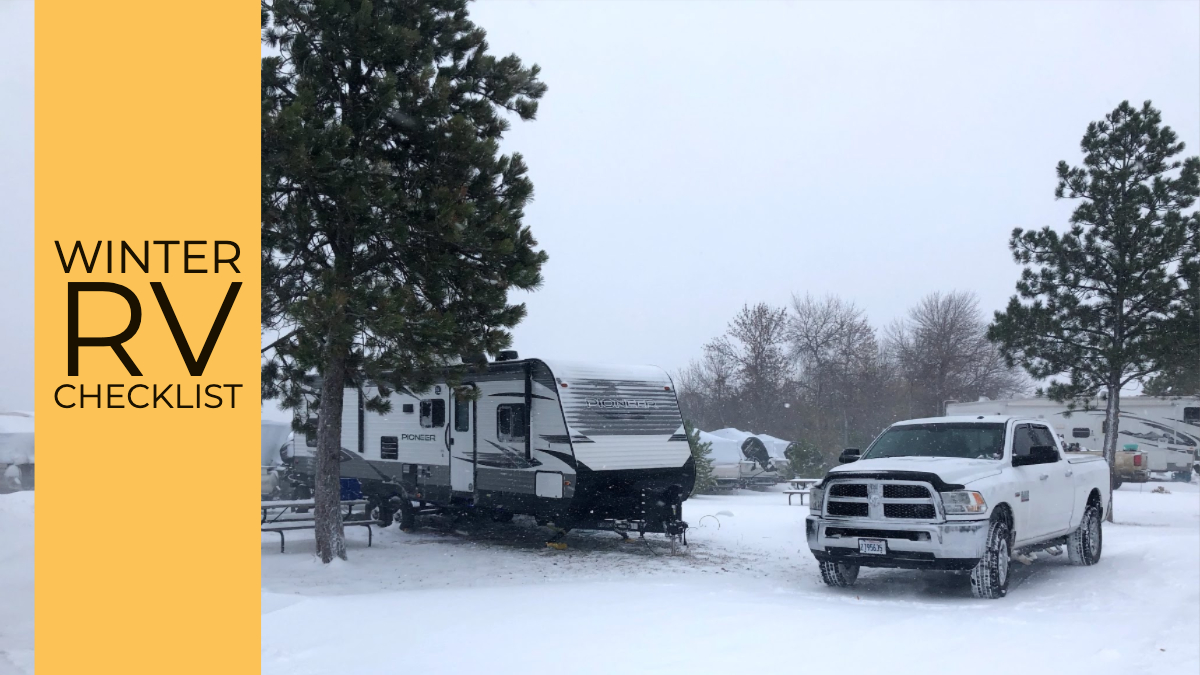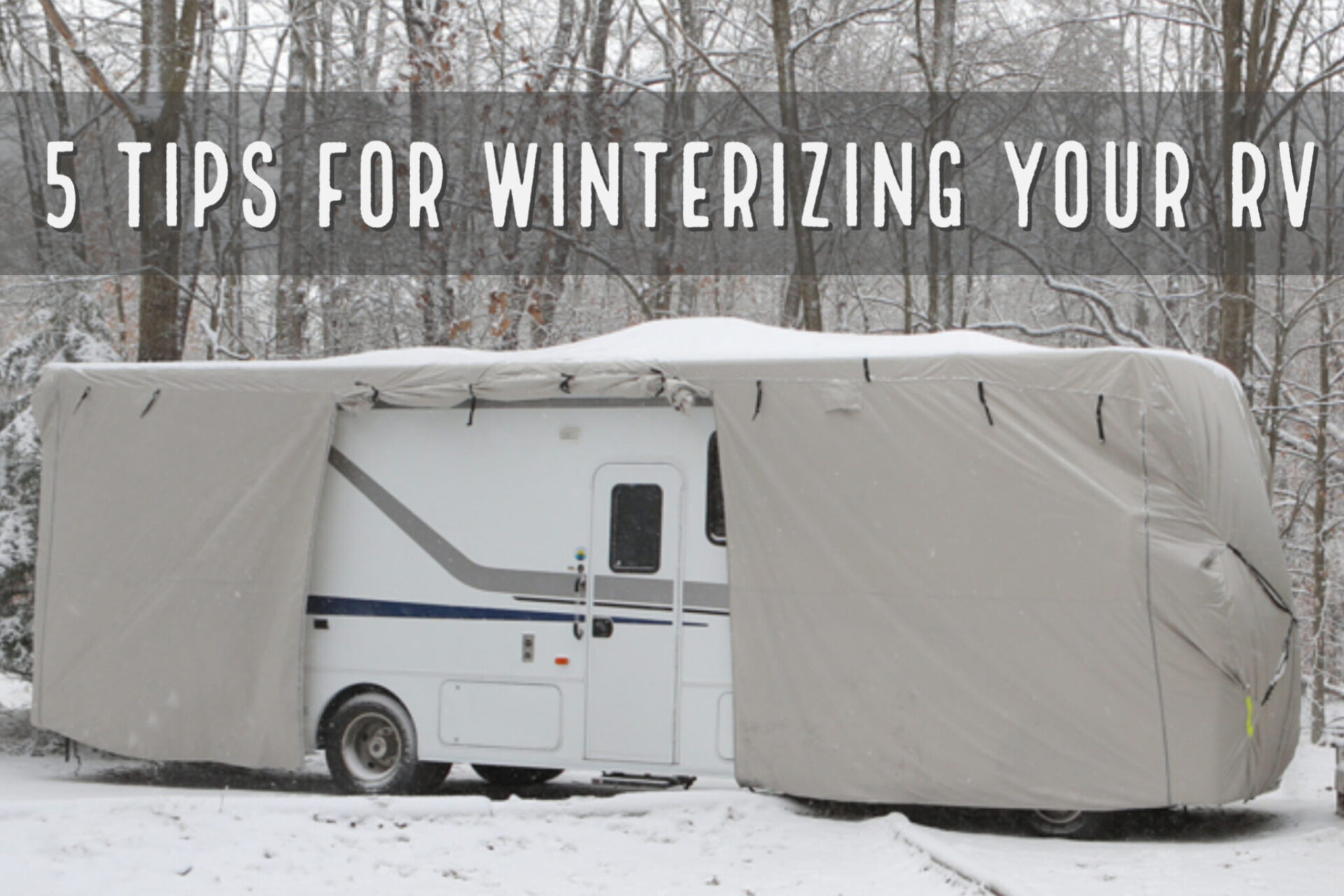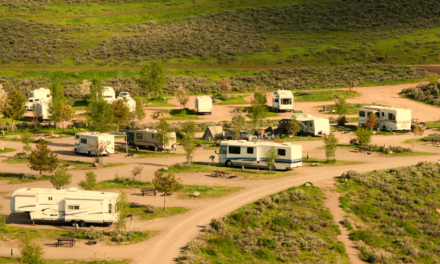Do I need a CDL to drive an RV?
It’s hard for people to believe that driving a 40′ Class A motorhome towing a 15′ car behind it doesn’t require a CDL, or “Commercial Drivers License” like big-rig truckers are required to get. The key word in that phrase is “commercial,” and as long as you aren’t driving for business, a CDL is not required in most states.
The CDL is a federal minimum standard, but states make their own laws about how they license drivers. However, if you happen to be a rare bird driving a big rig motorhome in Hawaii, you might need a CDL. There are also some large towing combination lengths that might require a CDL in some states. But most importantly, many states require a special non-commercial license for RVs over 26,000 lbs or certain towing combinations. Illinois is perhaps the most strict state, requiring an upgraded license over 16,000 lbs.
Below is our chart, which we believe to be accurate as of May 2017, of the state-by-state requirements. It is not always clear on the state websites whether the weight considered is the actual weight of the vehicle or if it is the GVWR (Gross Vehicle Weight Rating). Usually, the weight considered is the total weight rating (or GVWR) of your rig, including tow vehicles, towed vehicles, dollys, and trailers. You may also need a different license if you are double towing, or if you have air brakes.
States have reciprocal agreements on driver’s licenses, so if you have the proper license in your home state, you should be ok with it across the country. We have linked a source where available so that you can further investigate what your state requires.
Note: RV Miles has found many errors in other RV websites’ listings of driver’s license requirements. You should always check with your state’s driver’s license servicer to see what license is required for your rig.
| State |
CDL Required? |
Special License Required? |
| Alabama |
No |
No |
| Alaska |
No |
No |
| Arizona |
No |
No |
| Arkansas |
Yes, for vehicles over 26,000 lbs gross weight |
No |
| California |
Yes, if over 40′ motorhome or towing 10,000lb+ travel trailer or 15,000lb+ 5th wheel |
No |
| Colorado |
No |
No |
| Connecticut |
Yes, CDL (Class B) required for single vehicle over 26,000 lb; CDL (Class A) required for multiple vehicles with combined weight over 26,000 lb |
No |
| Delaware |
No |
No |
| Florida |
No |
No |
| Georgia |
No |
No |
| Hawaii |
Yes, CDL (Class B) required for single vehicle over 26,000 lb; CDL (Class A) required for multiple vehicles with combined weight over 26,000 lb |
No |
| Idaho |
No |
No |
| Illinois |
Yes, if over 16,000 lbs or towing over 10,000 lbs |
No |
| Indiana |
No |
No |
| Iowa |
No |
No |
| Kansas |
Yes, CDL (Class B) required for single vehicle over 26,000 lb; CDL (Class A) required for multiple vehicles with combined weight over 26,000 lb |
No |
| Kentucky |
No |
No |
| Louisiana |
No |
No |
| Maine |
No |
No |
| Maryland |
No |
You do not need a CDL, but your license must reflect either the appropriate weight class for the vehicle you are operating or must have the appropriate motor home/recreational vehicle restriction code noted on your license. |
| Massachusetts |
No |
No |
| Michigan |
No |
No |
| Minnesota |
No |
No |
| Mississippi |
No |
No |
| Missouri |
No |
No |
| Montana |
No |
No |
| Nebraska |
No |
No |
| Nevada |
Yes, a Class A license if gross weight is over 26,000 lbs with a toad. Class A or B if 26,000 without a toad. |
An Endorsement J is needed on any license to tow a vehicle over 10,000 GVWR. |
| New Hampshire |
No |
No |
| New Jersey |
No |
No |
| New Mexico |
No |
Yes, a Class E (CDL exempt) License is needed for vehicles that are registered and used as RVs. |
| New York |
No |
Yes, a Class A or B Non-Commercial License if vehicle is more than 26,000 pounds; requires an “R” recreational vehicle endorsement. |
| North Carolina |
Yes, if over 26,000 lbs or towing over 10,000 lbs |
No |
| North Dakota |
No |
No |
| Ohio |
No |
No |
| Oklahoma |
No |
No |
| Oregon |
No |
No |
| Pennsylvania |
No |
Yes, if you reside in the state of PA and your Motorhome is OVER 26,001 pounds – You are required to obtain a Non Commercial Class B License. |
| Rhode Island |
No |
No |
| South Carolina |
Yes, if over 26,000 lbs |
No |
| South Dakota |
No |
No |
| Tennessee |
No |
No |
| Texas |
No |
Texas operators of RVs for personal use, regardless of weight, are exempt from CDL requirements. For this reason, their special licenses are often called “Class A (or B) Exempt” or “Class A (or B) non-CDL” to distinguish them from both CDLs and the regular Class C driver license used for regular passenger automobiles. |
| Utah |
No |
No |
| Vermont |
No |
No |
| Virginia |
No |
No |
| Washington |
No |
No |
| Washington D.C. |
Yes, CDL (Class B) required for single vehicle over 26,000 lb; CDL (Class A) required for multiple vehicles with combined weight over 26,000 lb |
No |
| West Virginia |
No |
No |
| Wisconsin |
Yes, CDL required over 45 feet |
No |
| Wyoming |
No |
Yes, Class B license required for vehicle over 26,000 lb and towing under 10,000 lb; Class A license required for vehicle over 26,000 lb and towing over 10,000 lb |








